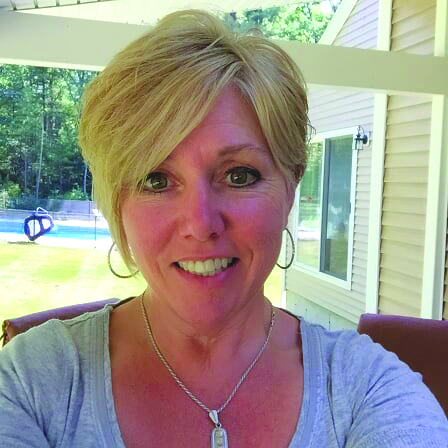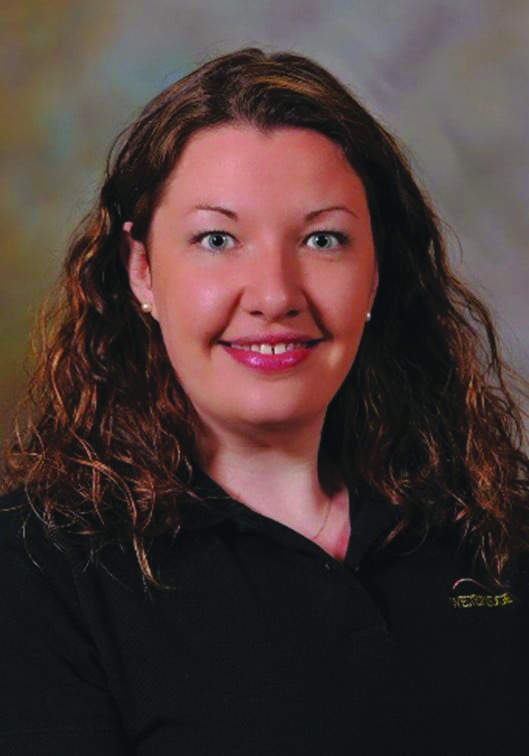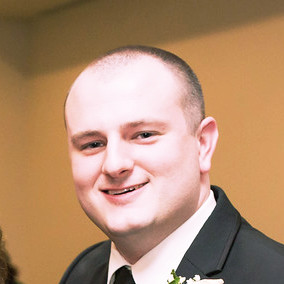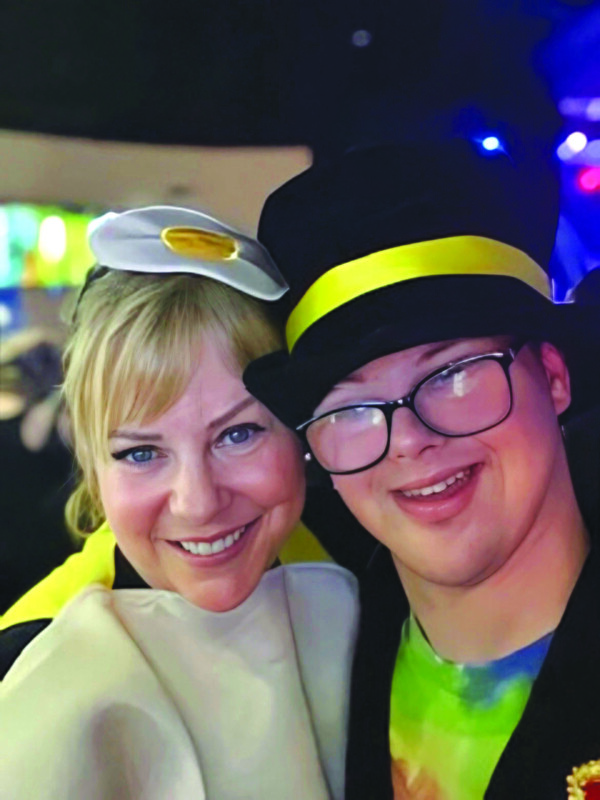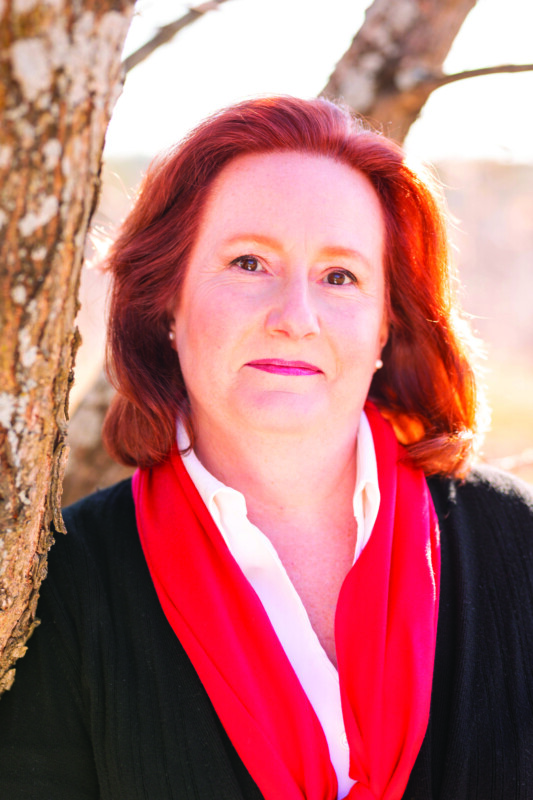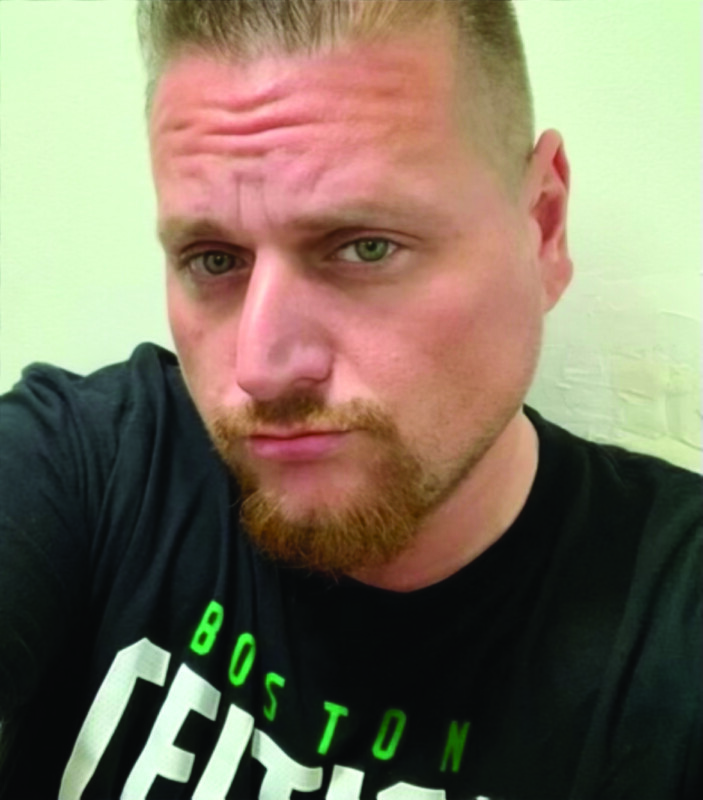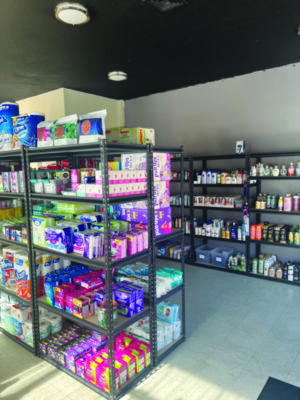Bike tour coordinator
Diane Kolifrath is the owner of Great American Bike Tours, a bike touring company based in Raymond.
Explain your job and what it entails.
My company curates and runs incredible cycling vacations throughout the Eastern United States and Canada. I plan all of the routes and logistics for our super-fun bike tours, and with the assistance of my office manager, I arrange and coordinate all of the lodging [and] build in fun events like side trips, happy hours, dinner socials and more. During a tour, my team and I provide full rider support by cycling along with the group as tour guides. We also provide a SAG — support and gear — van, which offers fresh water and snacks to riders and holds a pretty well-stocked ‘bike shop.’
How long have you had this job?
Seven years.
What led you to this career field and your current job?
I’d spent the first 20 years of my career working in IT, climbing the ladder to settle into a mid-level management role, and while I liked the work, I felt like the 24/7 demands of the industry were robbing me of a fuller, happier life. In July of 2015, I was enthralled in the delight of cycling the Petit Train du Nord bike trail in the Canadian Laurentides when I was truly struck by an aha moment; I’d had enough of the IT rat race, and I was going to create a job where I could cycle all summer and ski all winter. In September of 2015, I started my cycle touring business.
What kind of education or training did you need?
There really isn’t any formal education or training for my industry. I do rely heavily on my ability to plan and coordinate complex logistics.
What is your typical at-work uniform or attire?
Cycling clothing and team branded shirts during the day, casual duds in the evening, with branded shirts required at all group socials and events.
How has your job changed over the course of the pandemic?
Since my cycle touring company falls into the ‘travel and tourism’ industry, we were hit pretty hard by the pandemic. Like so many other businesses, we came to a grinding halt during Covid, which nearly put us out of business. But during Covid, a cycling renaissance occurred. Suddenly everyone was discovering the joy of cycling, and bike shops could not even meet the demand for those looking to buy bikes.
What do you wish you’d known at the beginning of your career?
Not to go into IT. The technology changes so quickly that trying to keep your skills current is nearly overwhelming.
What do you wish other people knew about your job?
I wish folks knew how much unseen work goes into the development of our tours before they are added to our offerings. In addition to the logistical planning, which can take months, I go out to each destination with one or two team members, and we ride and evaluate every inch of the tour. We make copious notes of trail conditions and of cyclist facilities like restrooms, cafes and points of interest nearby that enhance the tours by serving up samples of the local color and history of the area.
What was the first job you ever had?
My first job was working as a customer service rep and junior commercial artist at Shawsheen Printing in Lawrence, Mass.
What’s the best piece of work-related advice you’ve ever received?
Find a job you love and you’ll never work a day in your life.
Five favorites
Favorite book: The Stand by Stephen King
Favorite movie: Not sure.
Favorite music: Indie and coffee shop stuff
Favorite food: Italian, particularly chicken saltimbocca
Favorite thing about NH: Our gorgeous outdoors. So much diversity — lakes, rivers, ocean, mountains, valleys. I’m here for good.
Featured photo: Diane Kolifrath. Courtesy photo.

